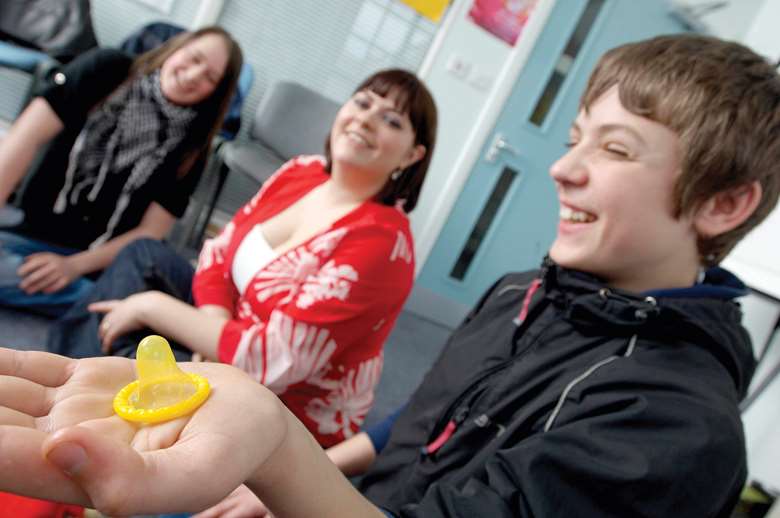Four in 10 children in foster care 'sexually active by age 12'
Neil Puffett
Thursday, May 31, 2018
Young people in foster care experience poorer sexual health outcomes, with 46 per cent having sexual intercourse before they reach the age of 12, a study has found.

Research published by Cardiff University found that children in foster care in Wales are significantly more likely to report ever having had sexual intercourse, and to report an earlier age of intercourse.
At last intercourse, they were also three times more likely to report not using a condom and significantly less likely to have used the contraceptive pill.
A higher proportion of young people in foster care also admitted to having sent a sexually explicit image of themselves, or having a sexually explicit image of themselves forwarded without their consent, compared with young people who had other types of living arrangements.
Academics made the findings after analysing data previously collected from Wales's School Health Research Network Survey, in which more than 35,000 young people in Wales took part.
Students were asked "how old were you when you had sexual intercourse for the ?rst time?"
Respondents answered in single year ages ranging from "11 years or younger" up to "18 years or older", with an option of "I don't want to answer".
They found that 46.2 per cent of foster children said they had sex for the first time aged 11 or under. This compares with 2.4 per cent of children living at home with both parents, 4.3 per cent of children living with a single mother, and two per cent of children living with a single father.
The study makes no mention of the issue of consent and the fact that the age of consent to any form of sexual activity is 16 for both men and women. Children aged 12 and under cannot legally give their consent to any form of sexual activity.
As well as considering the experiences of young people, researchers also conducted 22 interviews with social care professionals across all local authorities in Wales.
Those who took part expressed some confidence in the state care system, but its effectiveness was perceived to be undermined by insufficient resources and limited professional capacity, affected by funding cuts and austerity measures.
Professionals also highlighted concerns about seeking to pre-empt risks in respect of sexual health and unplanned pregnancy, while at the same time wishing to avoid prompting, encouraging or condoning early onset of sexual activity.
They also emphasised the influence of young people's experiences before and during state care in the choices they made. They said that, for some children, the pursuit of love, family relationships or belonging were seen as powerful influences over behaviour, regardless of the provision of sexual health advice.
"The findings suggest that young people in state care in Wales experience poorer sexual health outcomes compared to those not in care," the report states.
"Insights from professionals suggest that whilst the state care system has the potential to identify and respond to young people's needs, its e?ectiveness can be compromised by issues of resources, value-based judgments related to the age at which young people could and should be sexually active, and individual choice and determinism."
Dr Louise Roberts, who led on the research paper, said: "The findings provide valuable evidence of poorer sexual health outcomes for young people in care in Wales.
"They warrant renewed policy and practice attention to ensure young people are effectively supported in this area. We suggest that efforts to address this disadvantage should be undertaken ‘with' rather than ‘for' young people in care and should recognise emotional as well as practical needs."




